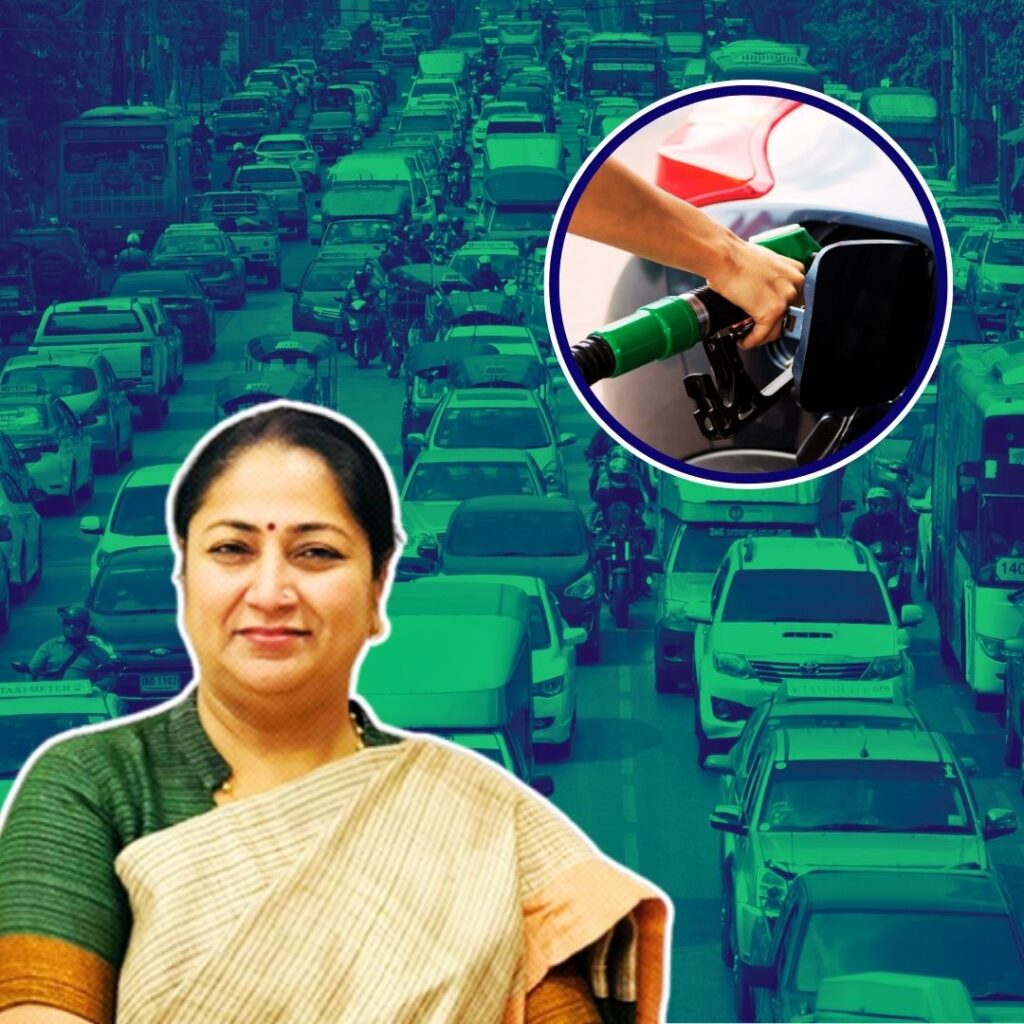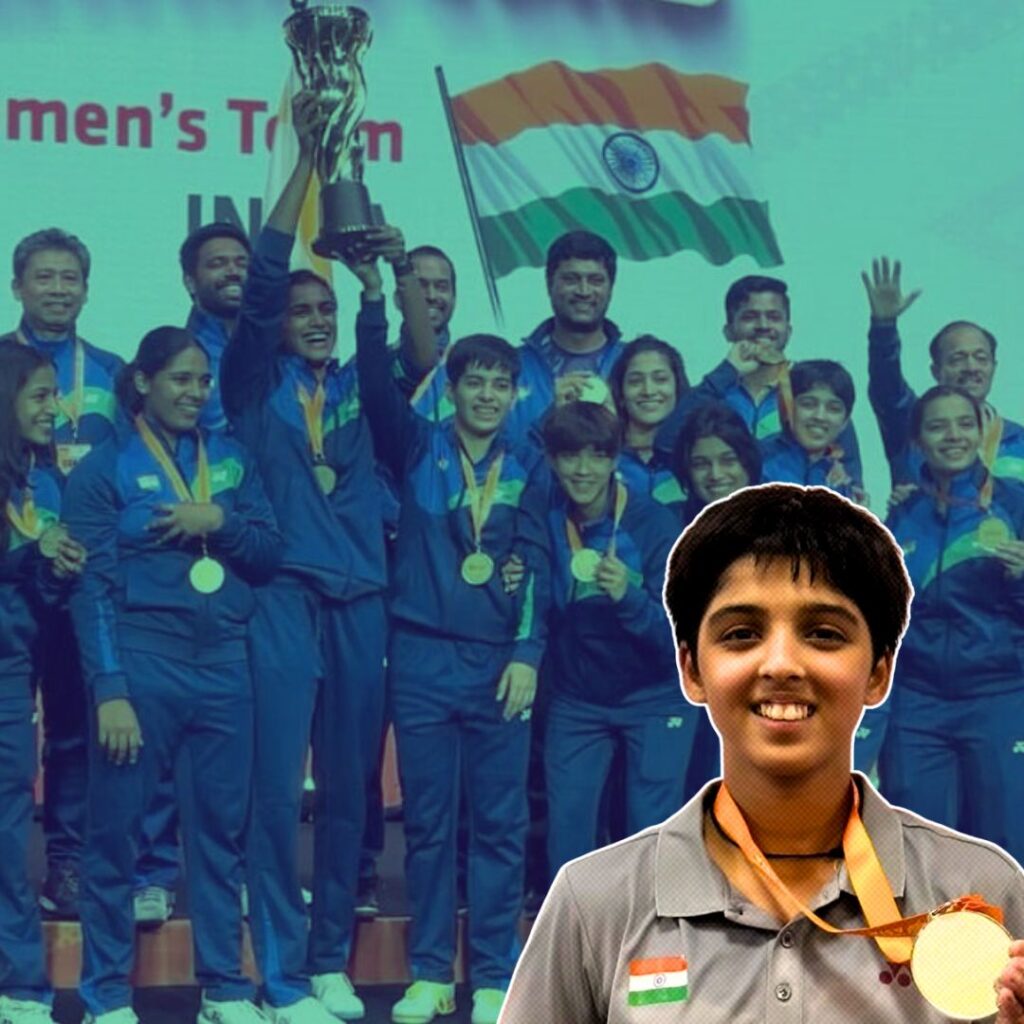Three years after the sudden demise due to cardiac arrest of Justice Brijgopal Harkishan Loya, his family has raised questions about the “suspicious circumstances” in which he died in Nagpur.
Loya was the special Central Bureau of Investigation (CBI) judge presiding over the trail of BJP top chief Amit Shah and several top officers in the Gujarat police for the allegedly fake encounter of Sohrabuddin Sheikh and his wife Kauser Bi in 2005.
Shah was arrested by the CBI in July 2010 in connection with the alleged staged shooting. In 2014, he was discharged by the Mumbai special CBI court.
Apart from raising questions about Loya’s death, his sister Anuradha Biyani claimed that Justice Mohit Shah, the then Chief Justice of Bombay High Court had offered Loya a bribe of Rs 100 crore in return for a favourable judgement.
Background
An investigative report by Niranjan Takle in The Caravan points at blatant inconsistencies in Loya’s death after his niece, Nupur Balaprasad Biyani, approached Takle in 2016. Following this, he spoke to several other family members of Loya and the government servants in Nagpur who witnessed procedures followed with the judge’s dead body, including the post-mortem.
The investigation revealed glaring discrepancies about the death. Loya was in Nagpur for the wedding of a fellow judge’s daughter and was put up at Ravi Bhavan, a government guest house for VIPs, when he met with the ‘cardiac arrest’ on the night of 30 November 2014.
The family was told that Loya was taken to a private hospital in Nagpur by an auto rickshaw which Biyani questioned as there is no auto rickshaw stand near Ravi Bhavan; the nearest being two kilometres away.
There are several other questions raised by the family – why were they not informed of Loya’s death immediately?, why were they not informed when he was taken to the hospital?, why were they not asked for approval/informed of the post-mortem?, etc.
The family members found of his death when they started receiving phone calls the next morning informing that Loya had passed away, with his post-mortem completed and body sent to the family’s ancestral home in Gategaon, Latur district. They were told that he died of cardiac arrest.
His mobile phone was handed over after three to four days of the death, with a lot deleted from it, including an SMS which said, “Sir, stay safe from these people.” Moreover, it was not handed to them by the police but an RSS worker, Ishwar Baheti, who was also the one who informed Loya’s father of his son’s death.
Loya had taken over the trial of Amit Shah after Justice JT Utpat, the judge who first heard the trial, was transferred from the CBI special court in mid-2014, in violation of the Supreme Court order which said that the trial be heard by the same judge from start to finish.
Suspicious post-mortem report
Biyani told Takle that the body was delivered to the family at around 11:30 pm in an ambulance with none of Loya’s colleagues accompanying the driver. It was shocking that a CBI judge’s body was delivered without any safety.
When Biyani saw the body, she felt something was amiss. Loya had bloodstains on his neck and at the back of his shirt, his belt was twisted and the pant clip broken. She added that his spectacles were below the neck. Madhane, another sister of Loya, too saw the blood on the neck and added that there was an injury on his head.
But in the post-mortem report, issued by the Government Medical College Hospital in Nagpur, under a category described as “Condition of the clothes—whether wet with water, stained with blood or soiled with vomit or foecal matter,” a handwritten entry reads, simply, “Dry.”
Legal experts told Takle that if the death was suspicious (which it was as a post-mortem was conducted), the police should have collected and sealed all personal belongings of Loya, listed them all in a panchnama and handed them over to the family as they were. However, Biyani said that the family did not receive any copy of the panchnama.
The family also pointed that the time of death mentioned in the police report, 1/12/14 at 0615 hours (6:15 am), was incongruous as according to the family members, they had started receiving calls about the death from 5 am onwards.
Furthermore, after Loya’s death, doctors said that he did not suffer from any cardiac history and his sister added that no one from the family suffered from the condition as well.
What was the Sohrabuddin alleged fake case?
There have been contrasting reports on the identity of Sohrabuddin Sheikh – some say he was a police informer turned rogue, some say that he was an extortionist who had angered influential people in the builder lobby in Gujarat and the marble lobby in Rajasthan; while others opine that he was a terrorist.
Sohrabuddin hailed from Jharnia village in Madhya Pradesh, was in his mid-30s and an established criminal.
On 23 November 2005, while he was travelling with his wife, Kauser Bi, from Hyderabad t…











